History And Milestones
1960-1969
- Professor B.D. Tilak, a distinguished organic chemist and joint Director of NCL, assumes office as the fourth Director of NCL (1966-78).
- NCL creates new functional departments to meet the needs of the time, namely, Division of Organic Intermediates and Dyes and Process Development Division.
- NCL establishes R&D in the area of agrochemicals in response to a call from Government to achieve self sufficiency in food production and the advent of Green Revolution; Efforts spearheaded by Mr. C. Subramanian who is appointed as the Chairman of National Commission of Science and Technology (NCST) (and also Union Minister for Agriculture). Professor B.D. Tilak, Director, NCL, as a member of NCST plays a pivotal role in formulating plans for agrochemicals R&D in CSIR laboratories.
- NCL, RRL-Jorhat (now NEIST) and RRL-Hyderabad (now IICT) develop process chemistry, scale-up as well as design engineering and offer processes to industry on a turn key basis. NCL/CSIR gives birth to the domestic agrochemical industry. A public sector company Hindustan Insecticides Limited is set up by the Government to produce agrochemicals based on CSIR developed technologies. Even today several of the first generation pesticides are manufactured by NCL/ NEIST/IICT technologies.
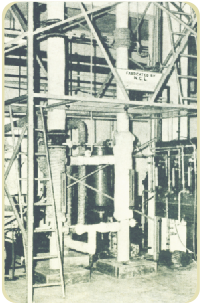
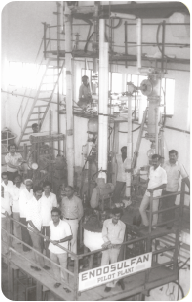
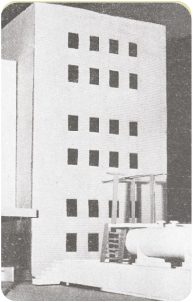
- NCL combines the skills of chemistry and chemical engineering for industrial applications the first foray into translational research which will continue to be the hallmark of excellence for NCL in the decades to come.
- NCL develops process chemistry and engineering as well as plant designs for building blocks for organic chemicals, namely, acetalinide, chlorobenzene, nitrobenzene, aniline, etc. In addition, NCL contributes to the establishment of commercial production of benzoic acid, titanium tetrachloride and calcium hypophosphite for the first time in India.
- Based on technologies developed by NCL, Government of India sets up the first Public Sector Company for the manufacture of organic chemicals in India, Hindustan Organic Chemicals Limited (HOC) at Rasayani, about 100 km away from Pune. Director, NCL is appointed Chairman of HOC. NCL gives birth to the first Indian organic chemical industry.
- Several process and product technologies developed at NCL are transferred to industry for a fee. NCL begins to undertake sponsored research funded by industry.
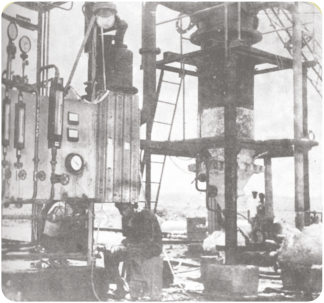
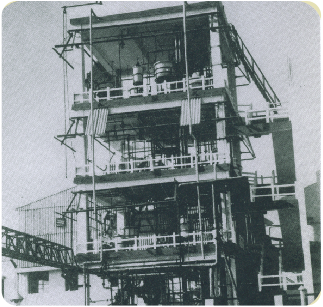
- NCL expands its research infrastructure. Important facilities like Mechanical and Glass Blowing Workshops are created. A Canteen, a Cooperative Store, a building to house NCL Post Office, a Student Hostel and several extensions to NCL housing colony are added.